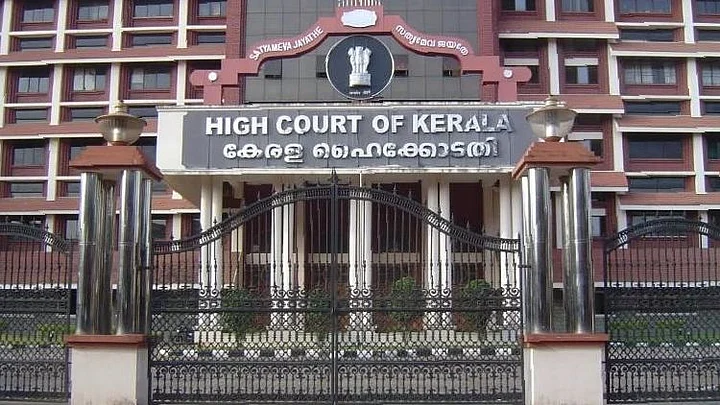The Kerala High Court on Saturday, 10 April, held that a child born to a couple in a live-in relationship will be treated as a child born to a married couple for the purpose of the Juvenile Justice Act and Adoption Guidelines.
The Bench of Justice A Muhamed Mustaque and Dr Kauser Edappagath noted for the purpose of “surrendering a child for adoption” under the Juvenile Justice Act, the Child Welfare Committee shall treat a child born to a couple in a live-in relationship as if it was born to a married couple.
Getting To Know The Facts
Anitha* (name changed by the court to protect identity), gave her child up to a Child Welfare Committee (Committee), moved by anxiety when her partner John moved to another State and broke the relationship for a while.
Since Anitha and John belonged to different religious faiths, their families objected to their relationship.
During this interval, between making attempts to contact her partner, Anitha handed over her child to the Committee in May last year, executing a Deed of Surrender in June.
The Child Welfare Committee, treating Anitha as a single mother, proceeded to give the child in adoption to a couple under provisions of the Adoption Regulations, 2017 and Section 38 of the Juvenile Justice (Care and Protection) Act, 2015.
In light of these developments, Anitha and John approached the Kerala High Court under a habeas corpus petition, demanding that their child be returned to them.
Therefore, the question before the court was whether a couple in a live-in relationship could be equated to a married couple for the purpose of surrender.
Couples in Live-In Relationships Also Have Biological Parental Rights
While noting that the parental right of biological parents is a natural right not preconditioned by the institutionalisation of legal marriage, the court held that the couples in a live-in relationship also have a right to restoration.
“Marriage as a social institution depends upon personal law or secular law like Special Marriage Act. It has no bearing on the concept of Juvenile Justice… In a live-in relationship, a couple acknowledges the mutual rights and obligations. It is more of a contract. Offspring in such a relationship is acknowledging biological parental rights of both.”Kerala High Court
The court further held that since the birth certificate of the child has both Anitha and John’s names as parents, it shows the intention of the couple to acknowledge their relationship.
Therefore, the Child Welfare Committee shouldn’t have inquired about the legal status of the marriage, not being the competent authority to decide on such status.
“Once it is found that the child is born to a couple, for all practical purposes of JJ Act, inquiry must be initiated as though the child belonged to a married couple.”Kerala High Court
Therefore, the court ruled that the entire process followed in giving the child up for adoption was vitiated since only Anitha signed the surrender deed.
Holding that the newly adoptive parents accrued no right since the process itself was illegal, the Court set aside the adoption and ordered that the child be restored to the couple.
(At The Quint, we question everything. Play an active role in shaping our journalism by becoming a member today.)
